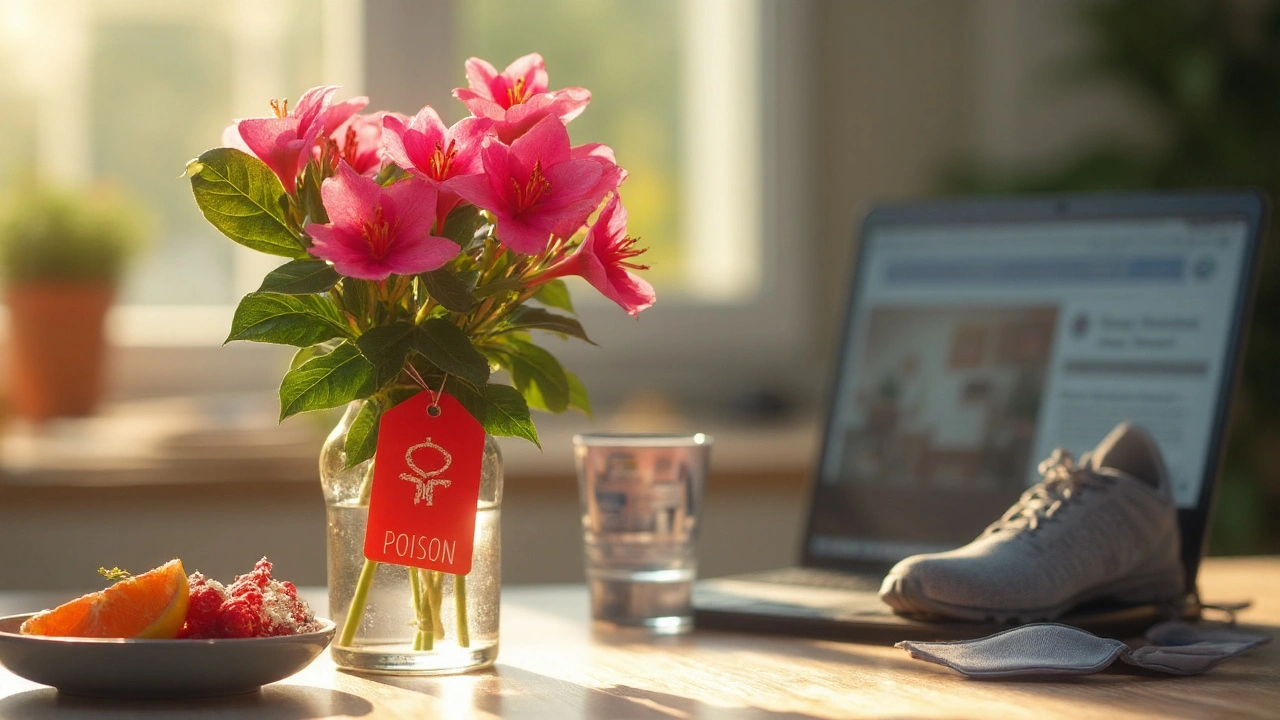
Oleander for Immunity? Toxic Risks, Evidence, and Safer Alternatives (2025 Guide)
Heard oleander boosts immunity? It doesn’t. It’s poisonous. Here’s the science, safety warnings, New Zealand context, and proven alternatives that actually help.
When you pick a drug, you want it to work without creating new problems. That’s why many people look for safe alternatives – other meds or supplements that give the same benefit but with fewer side effects, lower cost, or easier access.
First, check the active ingredient. A brand‑name pill often has a generic version with the same chemistry but a lower price. Next, read the label for common side effects and see if there’s a version that omits the ingredient that bothers you. Finally, verify the source – a reputable pharmacy, a licensed telehealth service, or a trusted supplement brand.
Got a headache and reach for Anacin? Try acetaminophen (Tylenol) or ibuprofen instead. Both relieve pain, but they skip the caffeine boost that can jitter some folks.
If you need allergy relief, Allegra works well, yet many find generic fexofenadine just as effective for a fraction of the price. Look for a 180 mg tablet from a certified online pharmacy and compare the cost per dose.
People with type‑2 diabetes often use Metformin (Glucophage). If you have stomach upset, a delayed‑release version or a lower dose taken with food can reduce nausea while keeping blood sugar in check. Always discuss dose changes with a prescriber.
For nerve pain, gabapentin is common, but it can cause drowsiness. A lower dose combined with physical therapy or a non‑sedating alternative like pregabalin may give relief without the grogginess.
Buying online? Use a pharmacy that displays a valid license, requires a prescription, and offers clear contact info. Avoid sites that sell meds without a script or promise “miracle” cures – those are red flags for counterfeit products.
Supplements follow the same rules. An ambrette seed capsule might sound exotic, but read third‑party testing results. If a product claims benefits without evidence, skip it and choose a well‑studied alternative like flaxseed for omega‑3 support.
Saving money is part of staying safe. Compare price‑per‑tablet across a few pharmacies, use discount codes, or ask your insurer about generic coverage. The cheapest option isn’t always the best unless the source is verified.
Bottom line: a safe alternative is any option that matches the intended effect, has fewer risks, and comes from a trustworthy source. Take a moment to research, ask your health professional, and choose the version that feels right for you.

Heard oleander boosts immunity? It doesn’t. It’s poisonous. Here’s the science, safety warnings, New Zealand context, and proven alternatives that actually help.